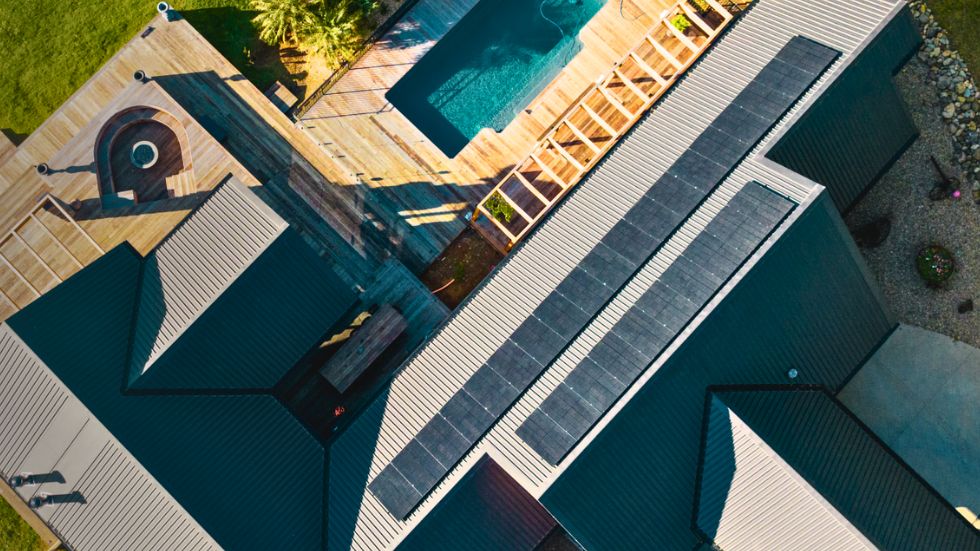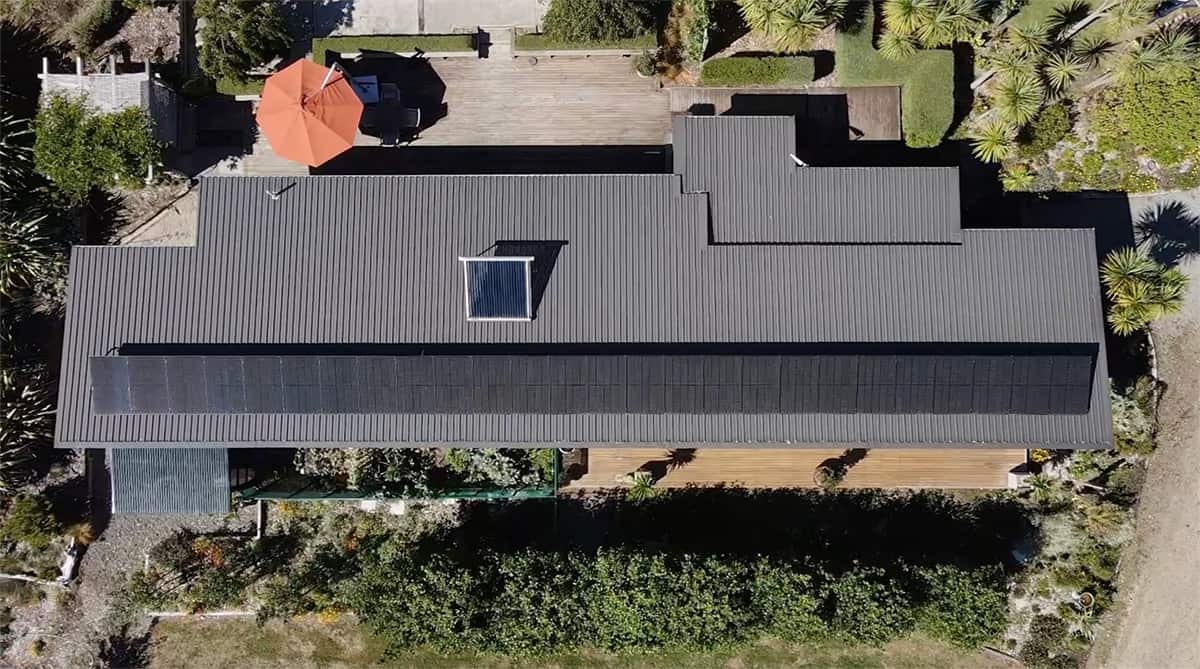New Zealand‘s
solar experts
We’re a 100% New Zealand owned solar company providing world-class solar power solutions for homes and businesses. Contact Lightforce Solar today.

Meet us at upcoming
Home Shows
Discuss about your future solar system

Residential solar
Solar for your home
Harness the power of the sun and produce your own energy, direct from your rooftop to power your home. We’ve installed thousands of home solar systems up and down the country.


Commercial solar
Solar for your business
Our team of solar experts work with you to analyse your energy profile and design a system that maximises your financial returns while reducing your carbon footprint.

Empowering a lighter brighter future for New Zealand
Take a greener, more economical path toward energy consumption. Our cutting-edge technology, unmatched expertise, and commitment to environmental stewardship make us the preferred solar power provider for New Zealand homes.
Community
Empowering a lighter brighter future for our people and our communities.
About us
You’re in safe hands with our dedicated team of solar professionals.
Products
Find out more about switching to solar
Ready to make a positive impact on the planet while enjoying reliable energy? Switching to solar may seem overwhelming, but Lightforce Solar is here to guide you.
Read our buyer’s guide to learn about solar panels, how the grid works, and whether solar is a good investment for you. Discover the advantages of switching to solar power and learn how solar energy can contribute to a sustainable future.

